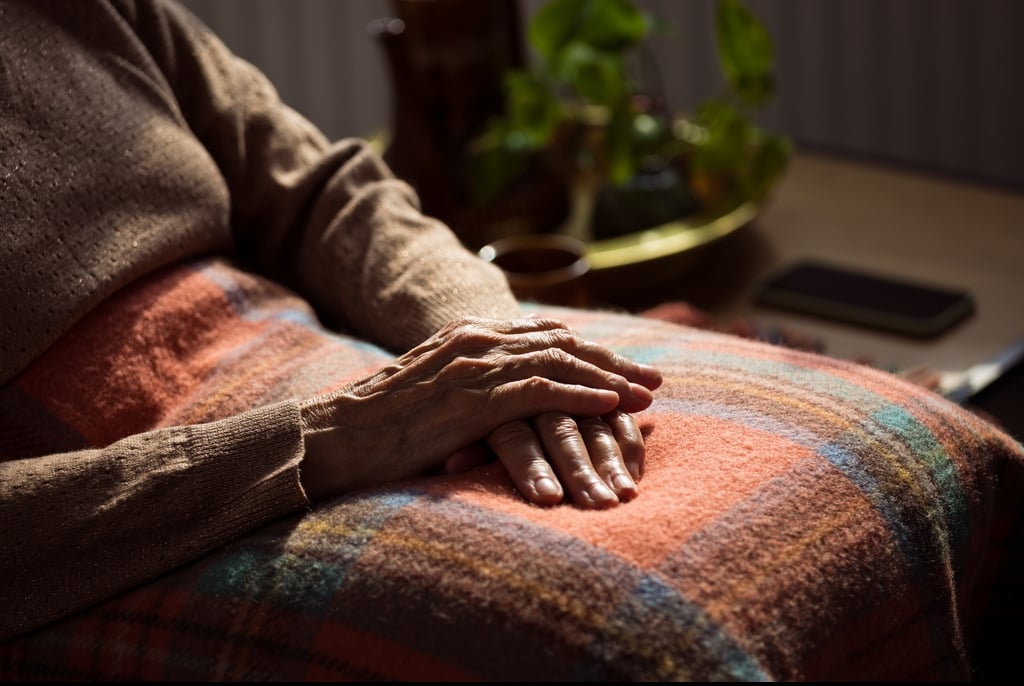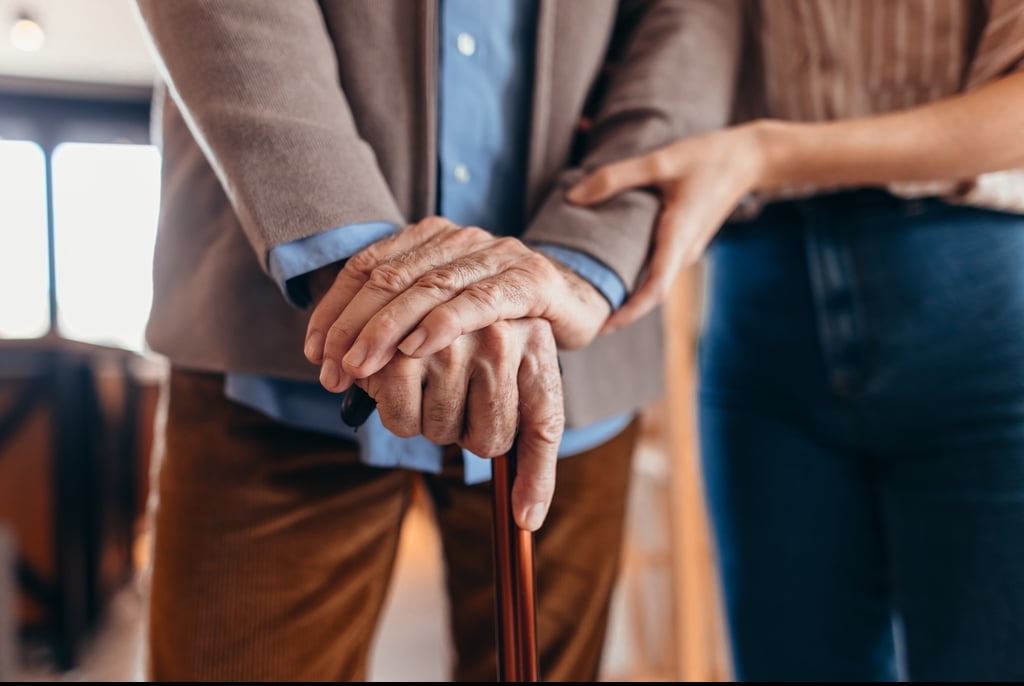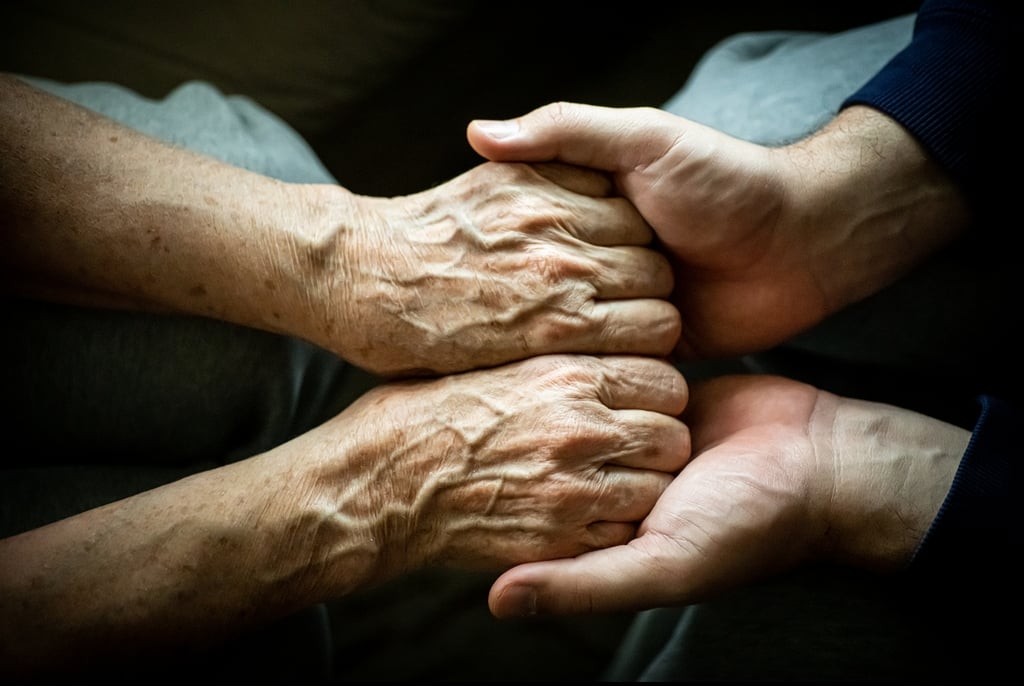Scientists appear to have found the maximum age that a human can live to, and let’s just say that it’ll be a long retirement.

According to two major studies conducted in the U.S., Singapore, and The Netherlands, there may be a hard ceiling on how long our bodies can hold out — even if we live clean, sleep eight hours a night, and avoid all things deep-fried.
Scientists from Singapore biotech firm Gero and the Roswell Park Comprehensive Cancer Center in Buffalo, New York, teamed up to investigate the body’s “resilience” — its ability to bounce back from physical damage — as a key factor in longevity.
Their findings, published in 2022 and based on AI-powered analysis of hundreds of thousands of volunteers, revealed that even the most robust humans may hit their limit between 120 and 150 years old, per the Daily Mail.
“The body can repair itself to an impressive degree,” the researchers noted, but recovery mechanisms gradually break down — meaning even the healthiest humans have an expiration date.
If you’re holding out for a sci-fi-style miracle drug that lets you hit 200, don’t count on it just yet.
While the researchers acknowledged that “ongoing pharmaceutical developments could theoretically slow aging and extend lifespans to 200 years,” they also cautioned that “such longevity will not become common in the near future.”

Meanwhile, Dutch researchers came to a similar conclusion. A separate study out of Tilburg and Rotterdam’s Erasmus University examined data from 75,000 deaths in the Netherlands over the past 30 years.
Their verdict? Women top out at 115.7 years, and men at 114.1.
“On average, people live longer, but the very oldest among us have not gotten older over the last thirty years,” said Professor John Einmahl, one of the researchers, via Medical Express.
“There is certainly some kind of a wall here. Of course, the average life expectancy has increased. Nevertheless, the maximum ceiling hasn’t changed.”
And that distinction matters. “Just to make things clear,” Einmahl added, “this isn’t about life expectancy but lifespan, which is used to determine how long a single individual can live as long as they look after themselves.”
These insights mirror conclusions drawn in the U.S., where scientists found human lifespan tends to plateau in the 90s and likely won’t stretch far beyond 115 — at least, not yet.

Still, some superhumans have managed to defy the odds.
Take Jeanne Calment, for instance. The French woman holds the world record for the oldest verified human, having lived a staggering 122 years before passing in 1997.
Born in 1875, she saw the invention of the telephone and the internet.
More recently, the late Maria Branyas Morera — who passed away at age 117 — survived both the 1918 Spanish flu and the COVID-19 pandemic.
Her secret? “Order, tranquility,” and “staying away from toxic people,” according to The Guardian.
And while science may tell us there’s a ceiling, that doesn’t mean people aren’t still reaching for the stars.
Professor Einmahl hinted that we may not be done unlocking longevity’s mysteries. “Whether her achievement will ever be topped is unknown but Einmahl is aiming to have his study published in the next month or so, which may reveal the key to a longer life